The Pythagoreans: Philosophy, mathematics, and the harmony of the cosmos
The Pythagorean school, founded by Pythagoras of Samos in the 6th century BCE, represents one of the most influential and enigmatic movements in ancient Greek philosophy. Blending mathematics, metaphysics, ethics, and mysticism, the Pythagoreans sought to uncover the underlying order and harmony of the cosmos. Their emphasis on numbers as the fundamental principles of reality marked a significant departure from earlier natural philosophers, paving the way for the development of mathematical science and metaphysical speculation in the Western tradition.
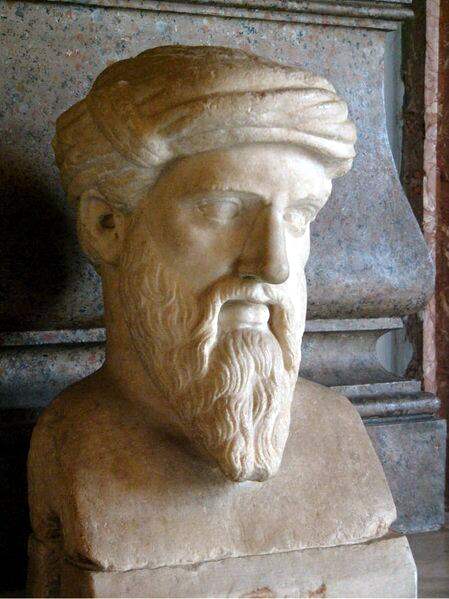
Bust of Pythagoras, Musei Capitolini, Rome. Source: Wikimedia Commonsꜛ (license: CC BY-SA 3.0)
Pythagoras himself remains a mysterious figure, as no writings attributed to him survive, and his teachings are preserved primarily through the accounts of later authors such as Aristotle, Diogenes Laertius, and Iamblichus. The Pythagorean school was both a philosophical and religious community, characterized by strict ethical practices, secrecy, and a shared commitment to the pursuit of wisdom.
Pythagoras and the origins of the Pythagorean school
Pythagoras, born around 570 BCE on the island of Samos, is said to have traveled extensively, studying in Egypt, Babylon, and possibly India before establishing his school in Croton, a Greek colony in southern Italy. These travels likely exposed him to a variety of mathematical, astronomical, and mystical traditions, which he synthesized into a distinctive philosophical system.
The Pythagorean school functioned as both an intellectual and religious society. Members adhered to a rigorous code of conduct, including dietary restrictions (often vegetarianism), communal living, and a commitment to ethical purity. This lifestyle reflected the Pythagorean belief that philosophy was not merely an intellectual pursuit but a way of life aimed at achieving harmony with the cosmos.
While the precise details of Pythagoras’ teachings are obscured by later mythologization, he is credited with introducing the idea that numbers are the fundamental principles (archai) of all things. This numerical ontology would become the cornerstone of Pythagorean philosophy, influencing both the scientific and metaphysical traditions of the ancient world.
Numbers and the nature of reality
For the Pythagoreans, numbers were not merely abstract symbols but the building blocks of reality. They believed that the structure and order of the cosmos could be understood through numerical relationships, which they viewed as both mathematical truths and metaphysical principles. This belief is encapsulated in the famous Pythagorean aphorism: “All is number.”
The Pythagoreans explored numerical properties and relationships, discovering fundamental principles that underlie mathematics and geometry. Among their achievements was the Pythagorean theorem, which relates the sides of a right triangle, though this principle was likely known earlier in Babylonian mathematics. The Pythagoreans, however, imbued such mathematical discoveries with philosophical and mystical significance, interpreting them as evidence of the cosmos’ inherent harmony.
They classified numbers into categories such as odd and even, prime and composite, and perfect (e.g., 6, whose factors add up to itself). These classifications were not purely mathematical; they also carried symbolic and ethical meanings. For example, odd numbers were associated with masculinity and activity, while even numbers symbolized femininity and passivity.
The harmony of the cosmos
The Pythagoreans extended their numerical philosophy to the study of harmony in music and the cosmos. They discovered that the intervals between musical notes correspond to simple numerical ratios, such as 2:1 (the octave), 3:2 (the fifth), and 4:3 (the fourth). This insight led to the concept of harmonia, the idea that numerical relationships underpin both musical harmony and the order of the universe.
This principle of cosmic harmony is evident in the Pythagorean theory of the “music of the spheres.” The Pythagoreans posited that the planets and stars, as they move through the heavens, produce a harmonious sound based on their distances and velocities, though this “music” is imperceptible to human ears. This idea reflects their belief in a deeply interconnected and ordered cosmos, governed by mathematical and aesthetic principles.
Metaphysics and the soul
Pythagorean metaphysics was closely tied to their ethical and spiritual beliefs. They viewed the soul as immortal and subject to a cycle of reincarnation (metempsychosis). This doctrine emphasized the importance of ethical purity and self-discipline, as the state of the soul in subsequent lives was determined by its conduct in the present one.
The Pythagoreans also associated the soul with numerical and harmonic principles, viewing it as a microcosm of the larger cosmic order. Just as the cosmos is governed by harmonia, the soul achieves balance and fulfillment through alignment with the universal laws of number and proportion.
These metaphysical ideas profoundly influenced later philosophical traditions, particularly Platonism and Neoplatonism. Plato, for instance, adopted the Pythagorean emphasis on mathematics and harmony, integrating it into his own metaphysical and ethical theories.
Ethical and political philosophy
The Pythagoreans believed that ethical living was essential to achieving harmony with the cosmos. They advocated virtues such as self-control, justice, and piety, and emphasized the importance of communal responsibility and social harmony. Their ethical teachings were closely tied to their numerical philosophy, as they saw moral order as a reflection of cosmic order.
In politics, the Pythagoreans sought to apply their principles of harmony and balance to governance. Many members of the Pythagorean community held influential positions in Croton and other Greek cities, promoting reforms aimed at achieving social justice and stability. However, their political involvement often provoked opposition, leading to the persecution and dispersal of the Pythagorean movement in the late 5th century BCE.
Influence and legacy
The Pythagorean school had a profound and lasting impact on the development of Western philosophy and science. Their emphasis on numbers and mathematical relationships influenced the scientific traditions of ancient Greece, particularly the work of Plato, Aristotle, and later Hellenistic thinkers such as Euclid and Archimedes. The Pythagorean belief in the harmony of the cosmos also shaped the medieval and Renaissance worldview, inspiring figures such as Johannes Kepler and Galileo Galilei.
In addition to their scientific contributions, the Pythagoreans played a crucial role in the development of metaphysics and ethics. Their ideas about the soul, reincarnation, and the interconnectedness of all things resonate in the works of Plato and the Neoplatonists, as well as in the spiritual traditions of India and other cultures.
The Pythagorean legacy extends beyond philosophy and science to art, music, and literature, where their ideas about harmony and proportion continue to inspire creative expression. Their vision of a cosmos governed by mathematical and moral principles remains a powerful testament to the enduring relevance of their thought.
Conclusion
The Pythagoreans represent a unique fusion of mathematics, metaphysics, and ethics, offering a holistic vision of reality that emphasizes the harmony and order of the cosmos. Their contributions to philosophy and science laid the foundations for many of the intellectual achievements of the ancient world and continue to influence contemporary thought. By exploring the principles of number, proportion, and harmony, the Pythagoreans sought to uncover the hidden structures of the universe, providing a timeless model of the pursuit of wisdom.
References and further reading
- Hellmut Flashar, Klaus Döring, Michael Erler, Die Philosophie der Antike. Bd. 1. Frühgriechische Philosophie, 2013, Schwabe, Aus der Reihe: Grundriss der Geschichte der Philosophie, ISBN: 9783796525988
- Burnet, J., Early Greek Philosophy, 2005, Adamant Media Corporation, ISBN: 978-1402197536
- Kirk, G. S., Raven, J. E., & Schofield, M., The Presocratic Philosophers: A Critical History with a Selection of Texts, 1983, Cambridge University Press, ISBN: 978-0521274555
- Barnes, J., The Presocratic Philosophers, 1982, Routledge, ISBN: 978-0415050791
- Guthrie, W. K. C., A History of Greek Philosophy, Volume 1: The Earlier Presocratics and the Pythagoreans, 2010, Cambridge University Press, ISBN: 978-0521294201
- Burkert, W., Lore and Science in Ancient Pythagoreanism, 1972, Harvard University Press, ISBN: 978-0674539181
- Huffman, C. A., Archytas of Tarentum: Pythagorean, Philosopher, and Mathematician King, 2006 Cambridge University Press, ISBN: 978-0521169448
- Riedweg, C., Pythagoras: His Life, Teaching, and Influence, 2008, Cornell University Press, ISBN: 978-0801474521


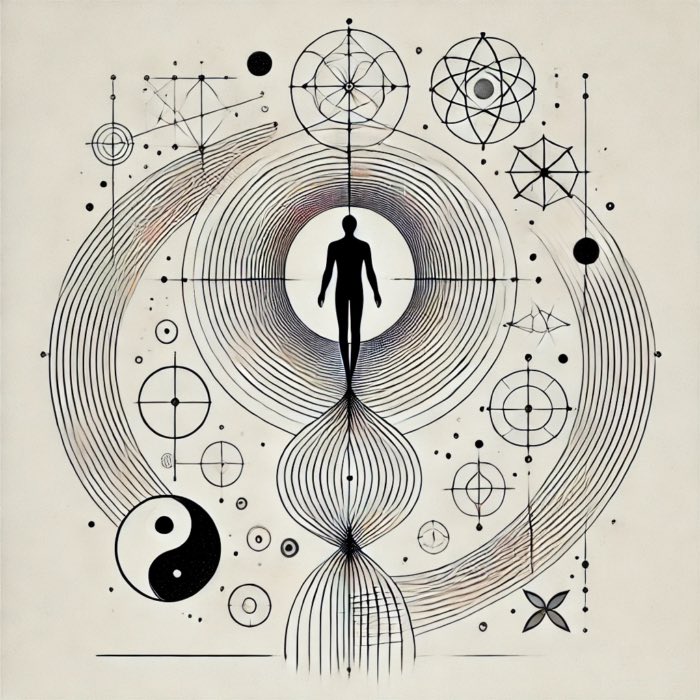

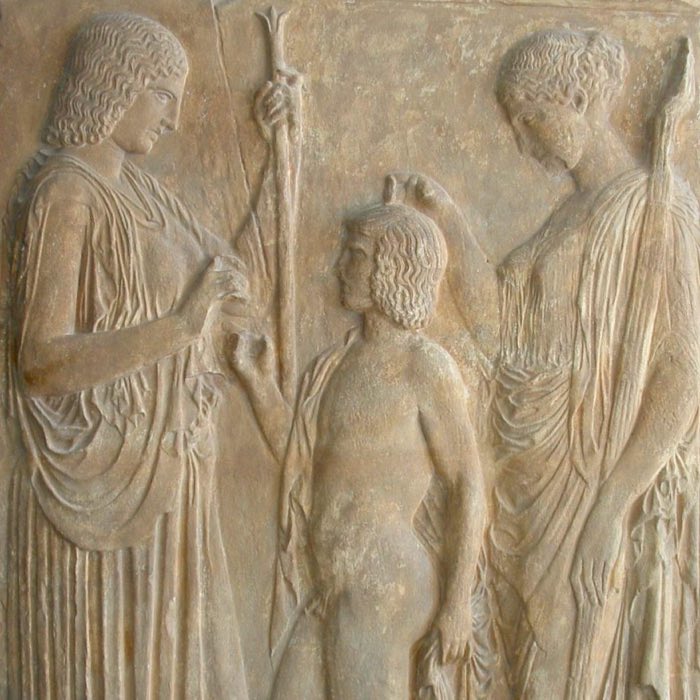
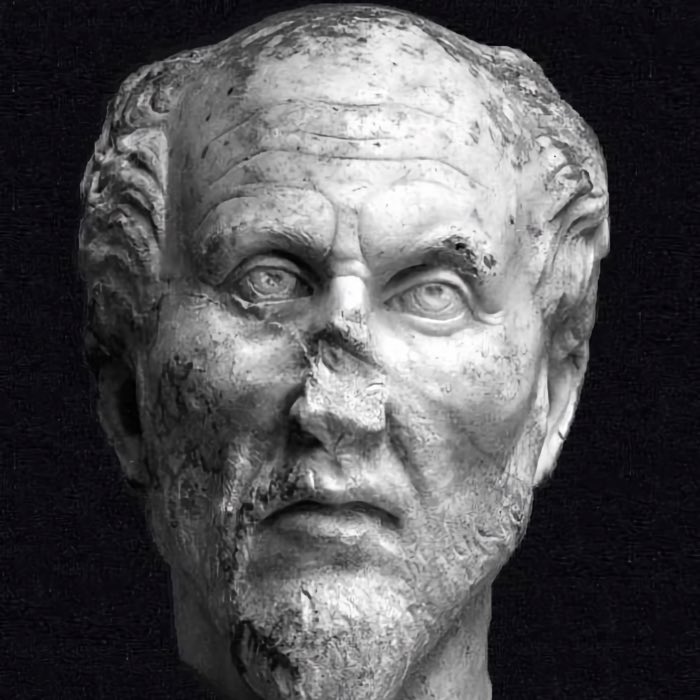
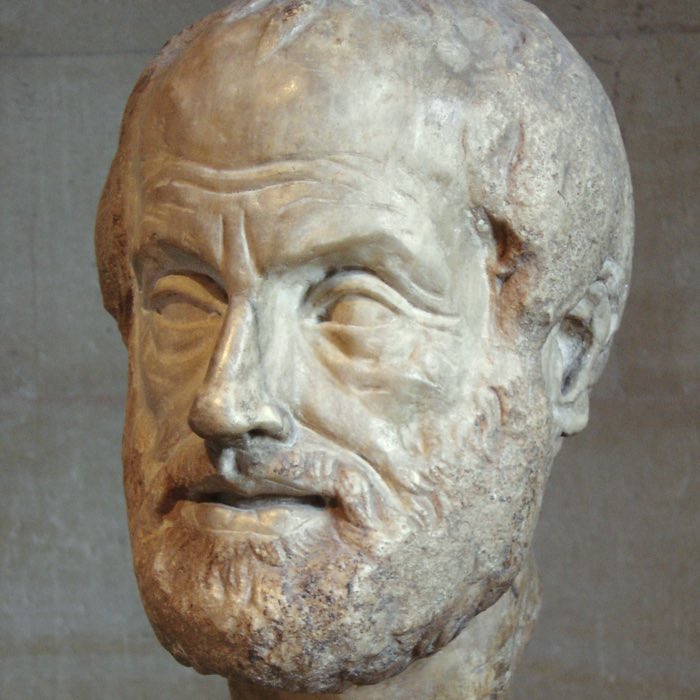
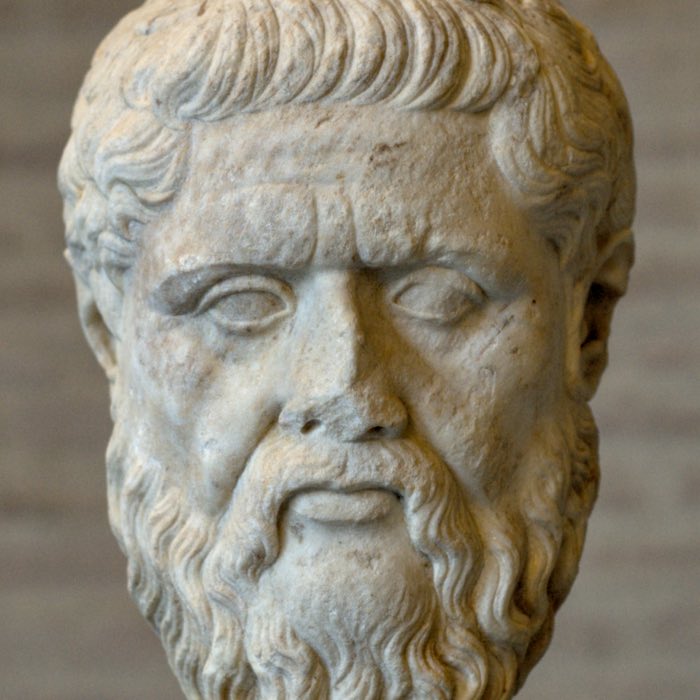
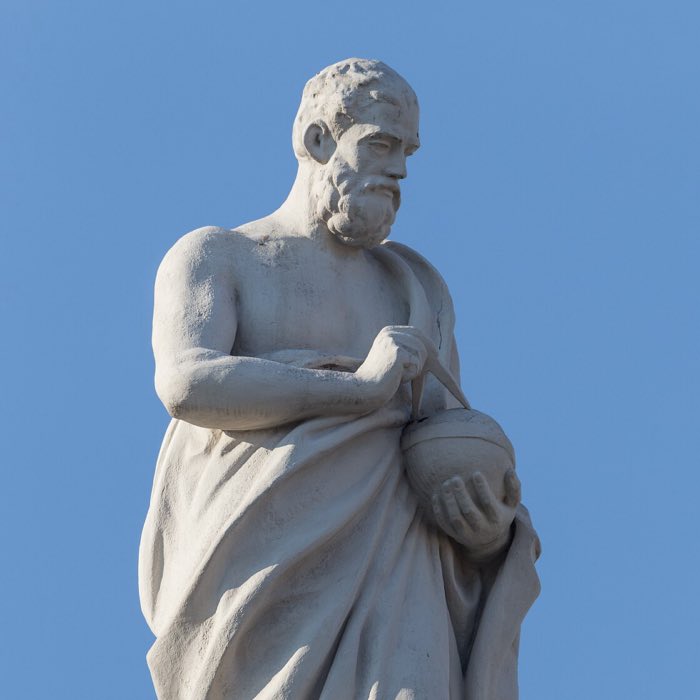
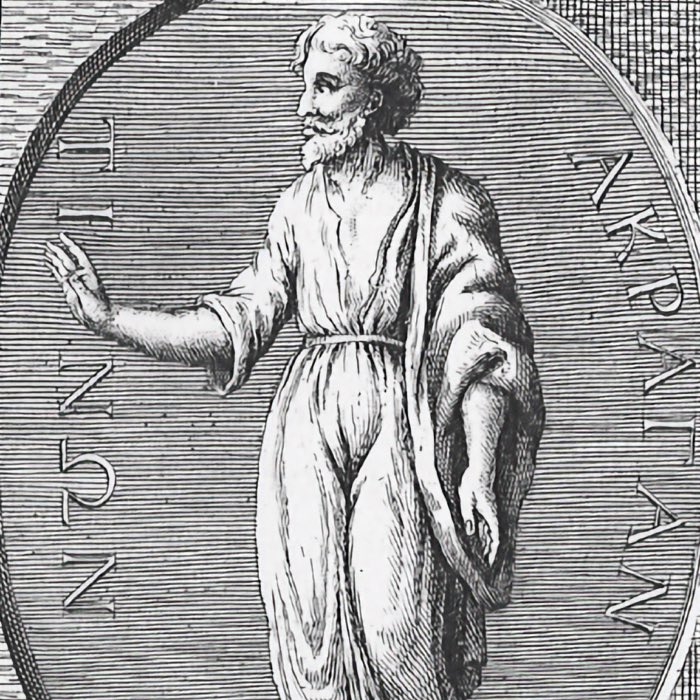
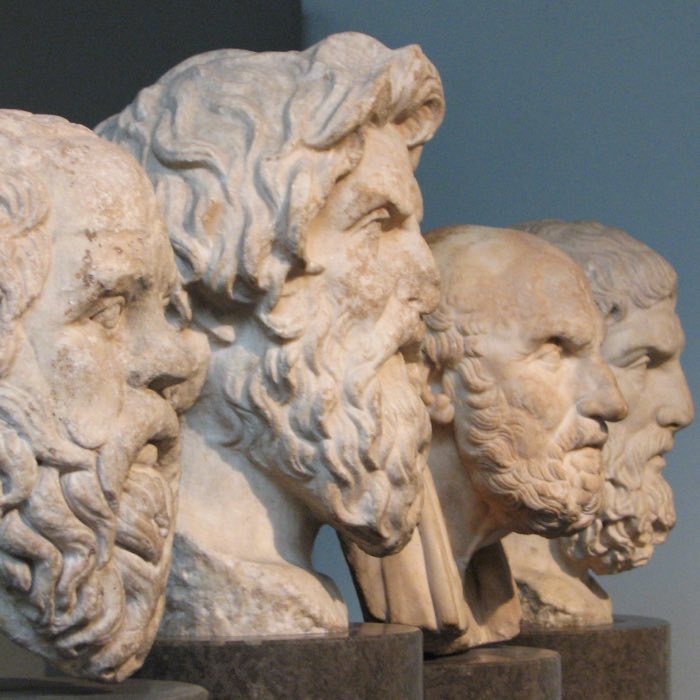

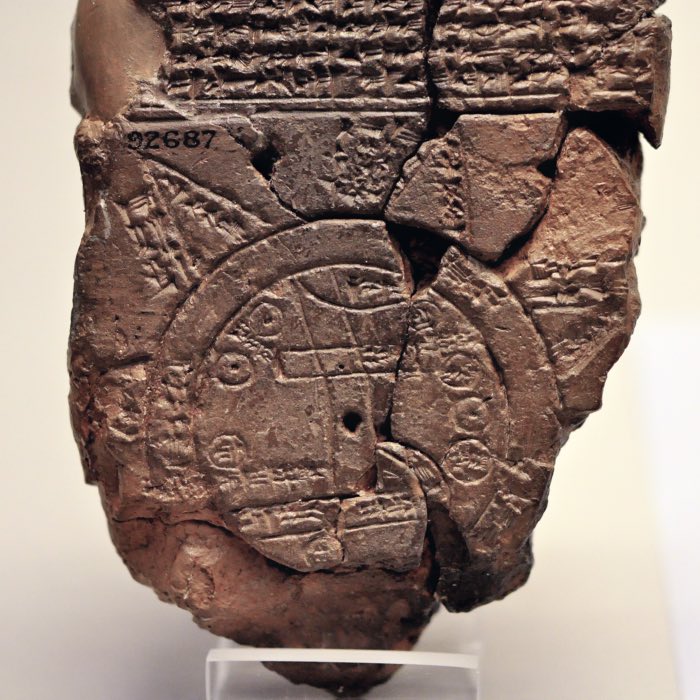

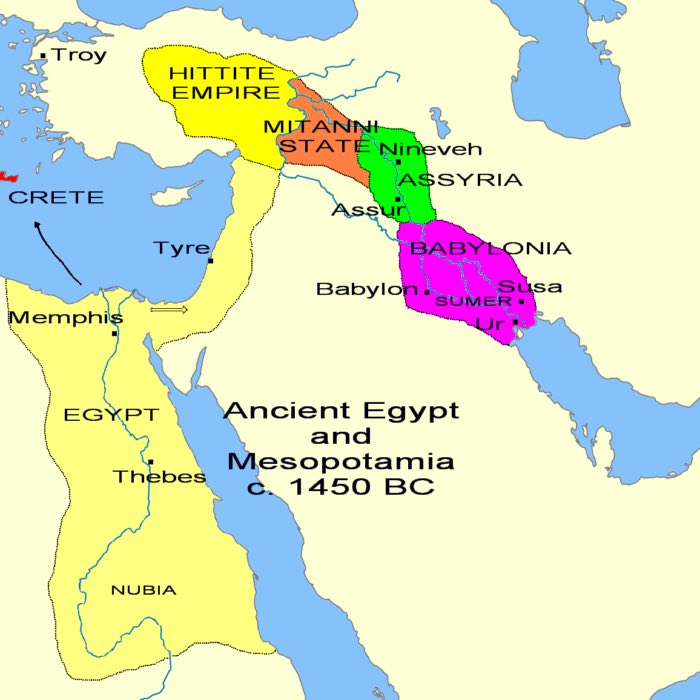





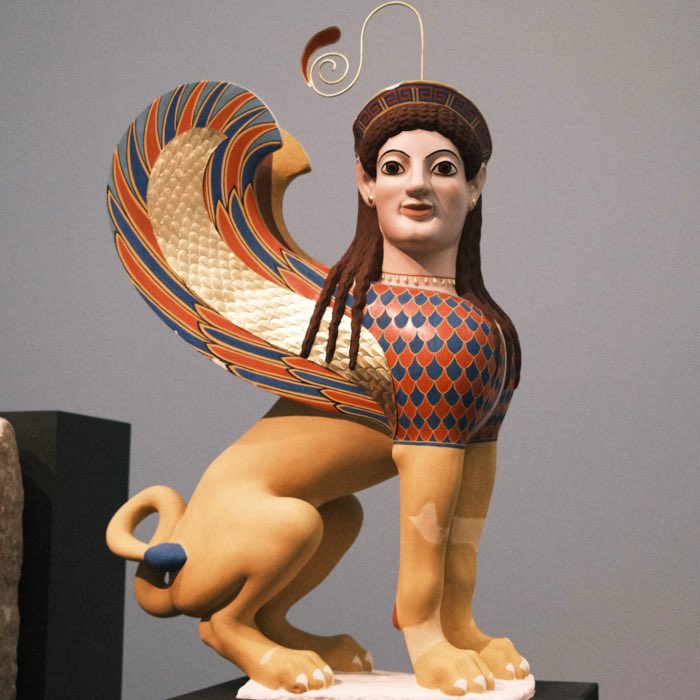


comments